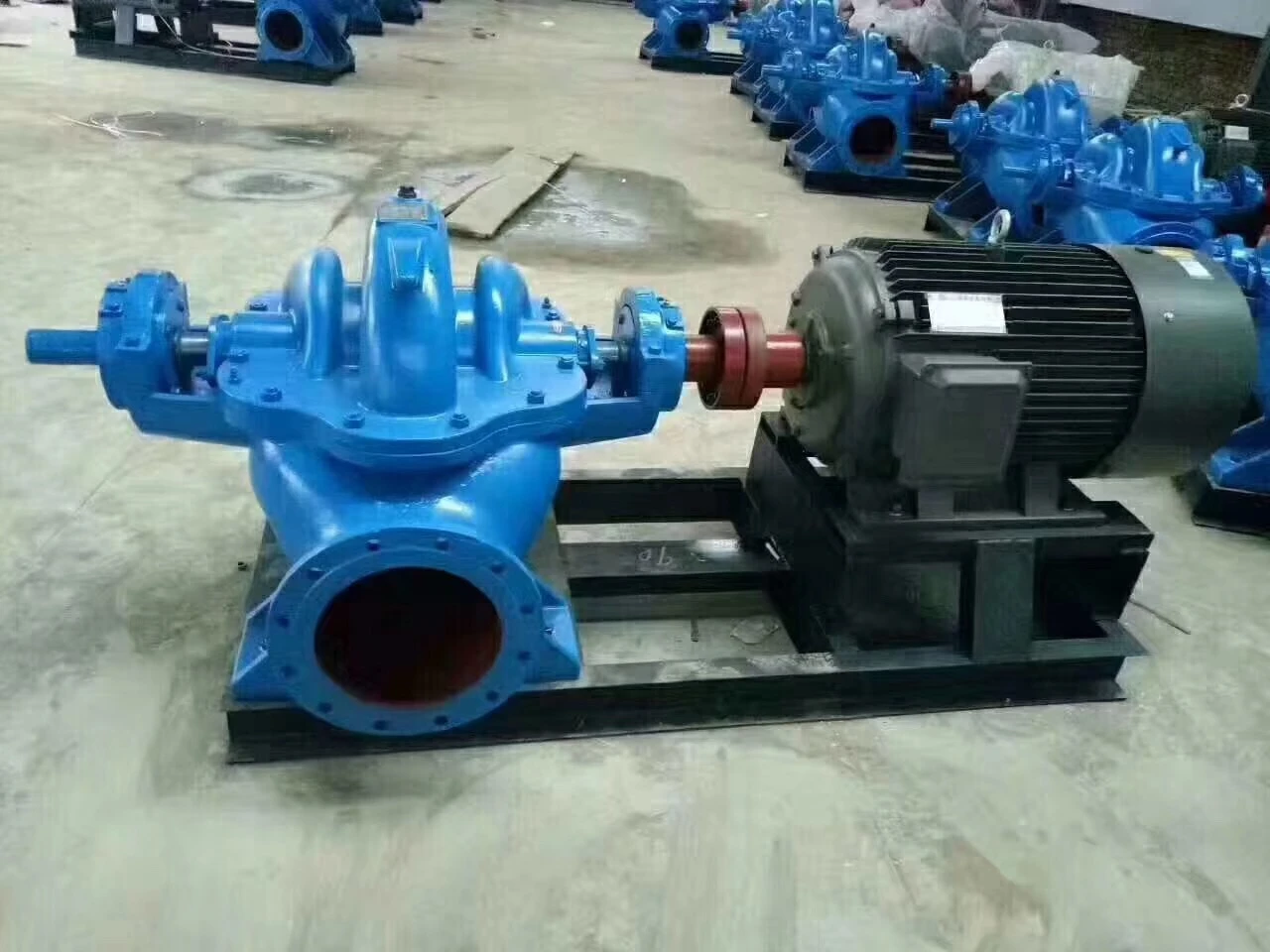Sinhala
- Afrikaans
- Albanian
- Amharic
- Arabic
- Armenian
- Azerbaijani
- Basque
- Belarusian
- Bengali
- Bosnian
- Bulgarian
- Catalan
- Cebuano
- Corsican
- Croatian
- Czech
- Danish
- Dutch
- English
- Esperanto
- Estonian
- Finnish
- French
- Frisian
- Galician
- Georgian
- German
- Greek
- Gujarati
- Haitian Creole
- hausa
- hawaiian
- Hebrew
- Hindi
- Miao
- Hungarian
- Icelandic
- igbo
- Indonesian
- irish
- Italian
- Japanese
- Javanese
- Kannada
- kazakh
- Khmer
- Rwandese
- Korean
- Kurdish
- Kyrgyz
- Lao
- Latin
- Latvian
- Lithuanian
- Luxembourgish
- Macedonian
- Malgashi
- Malay
- Malayalam
- Maltese
- Maori
- Marathi
- Mongolian
- Myanmar
- Nepali
- Norwegian
- Norwegian
- Occitan
- Pashto
- Persian
- Polish
- Portuguese
- Punjabi
- Romanian
- Russian
- Samoan
- Scottish Gaelic
- Serbian
- Sesotho
- Shona
- Sindhi
- Sinhala
- Slovak
- Slovenian
- Somali
- Spanish
- Sundanese
- Swahili
- Swedish
- Tagalog
- Tajik
- Tamil
- Tatar
- Telugu
- Thai
- Turkish
- Turkmen
- Ukrainian
- Urdu
- Uighur
- Uzbek
- Vietnamese
- Welsh
- Bantu
- Yiddish
- Yoruba
- Zulu
Telephone: +86 13120555503
Email: frank@cypump.com
නොවැ. . 23, 2024 19:09 Back to list
multistage slurry pump
Understanding Multistage Slurry Pumps An Essential Overview
In various industrial applications, the need to transport abrasive and heavy materials efficiently is crucial. Among the solutions available, multistage slurry pumps stand out for their ability to handle complex tasks involving the movement of slurry—a mixture of solid particles and liquids. This article delves into the workings, applications, advantages, and key considerations associated with multistage slurry pumps.
What is a Multistage Slurry Pump?
A multistage slurry pump is a type of centrifugal pump designed to handle high-volumes of slurries over long distances. Unlike single-stage pumps, which operate with one impeller, multistage pumps incorporate two or more impellers and volutes in a sequential arrangement. This design enables the pump to generate higher pressure levels, making it suitable for applications that require moving slurry across extensive pipelines or to elevated heights.
Working Principle
The operation of a multistage slurry pump centers around the transfer of mechanical energy from the pump's motor to the fluid being pumped. As the motor drives the impellers, the kinetic energy is imparted to the slurry, causing it to move through the pump and into the discharge pipeline. Each stage of the pump boosts the pressure and energy of the slurry before it reaches the next stage, culminating in heightened overall efficiency and performance.
Applications
Multistage slurry pumps are versatile and are widely used across many industries, including
1. Mining and Mineral Processing They transport slurries containing minerals, ores, and tailings, often in challenging environments. 2. Construction and Civil Engineering These pumps are used for pumping grout or cement mixtures in foundation work, tunneling, and other structures. 3. Wastewater Treatment Multistage pumps are effective in moving sewage and sludge, contributing to effective waste management processes. 4. Petrochemical Industry These pumps handle corrosive materials, aiding in chemical processing and transportation.
multistage slurry pump

5. Power Generation They are employed in cooling systems and ash handling processes in power plants.
Advantages of Multistage Slurry Pumps
The adoption of multistage slurry pumps in various sectors offers numerous benefits
- High Efficiency The ability to pump liquids over long distances with significant energy is a paramount advantage, reducing operational costs. - Versatility Capable of handling various types of slurries, including high solids content mixtures, these pumps can be adapted to different applications. - Customizability Multistage slurry pumps can be designed to meet specific operational requirements, including the selection of materials that enhance durability against wear and corrosion. - Increased Pressure and Flow Rates With multiple impellers, these pumps can achieve higher pressures and flow rates than single-stage pumps, making them suitable for demanding applications.
Key Considerations
While multistage slurry pumps offer numerous benefits, users must consider several factors to ensure optimal performance
- Material Selection The choice of construction materials is critical, as slurry pumps encounter abrasive and corrosive materials. Options such as stainless steel or hard metal can enhance longevity. - Pump Design The configuration of intake and discharge ports, impeller design, and overall pump architecture can greatly influence performance. It’s essential to tailor these features to the specific slurry characteristics and application. - Maintenance Regular maintenance is vital in ensuring the reliability and efficiency of the pump. This includes checking wear parts and performing routine inspections to prevent unplanned downtime. - Operating Conditions Understanding the slurries' characteristics, such as viscosity, density, and solid concentration, is crucial for selecting the appropriate pump and configuring it for optimal performance.
Conclusion
Multistage slurry pumps play a pivotal role in many industrial applications, providing efficient and effective solutions for moving abrasive and heavy slurries. By understanding their working principles, applications, advantages, and critical considerations, industries can maximize their performance and ensure that operations run smoothly. As technology advances, these pumps are likely to evolve even further, incorporating innovations that enhance their efficiency and reliability in a challenging environment.
-
Heavy-Duty Mining Sludge Pumps - Wear-Resistant Slurry Handling
NewsAug.02,2025
-
Horizontal Split Case Pump with GPT-4 Turbo | High Efficiency
NewsAug.01,2025
-
ISG Series Pipeline Pump - Chi Yuan Pumps | High Efficiency, Durable Design
NewsAug.01,2025
-
Advanced Flue Gas Desulfurization Pump with GPT-4 Turbo | Durable & Efficient
NewsJul.31,2025
-
ISG Series Vertical Pipeline Pump - Chi Yuan Pumps | Advanced Hydraulic Design&Durable Construction
NewsJul.31,2025
-
ISG Series Vertical Pipeline Pump - Chi Yuan Pumps | Energy Efficient & Low Noise
NewsJul.31,2025










